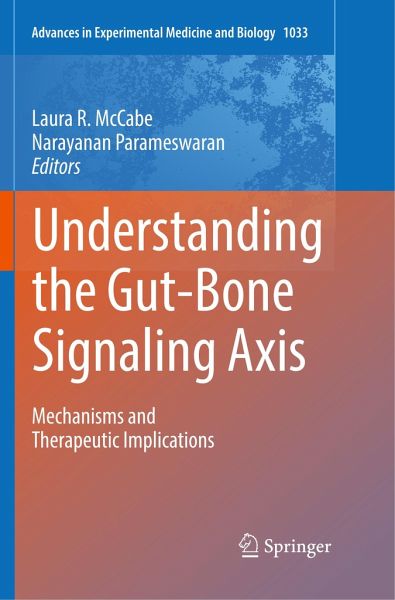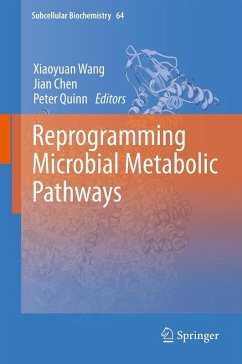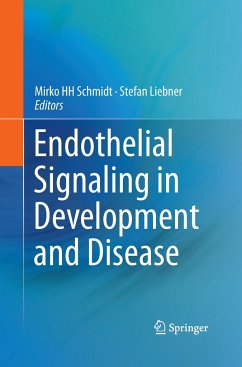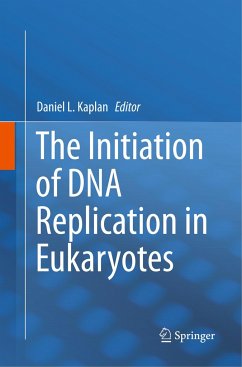
Understanding the Gut-Bone Signaling Axis
Mechanisms and Therapeutic Implications
Herausgegeben: McCabe, Laura R.; Parameswaran, Narayanan
Versandkostenfrei!
Versandfertig in 6-10 Tagen
121,99 €
inkl. MwSt.

PAYBACK Punkte
61 °P sammeln!
This is the first book compiling current research on the gut-bone signaling axis and its implications in the pathophysiology of GI and bone diseases. Rather than focusing on a single mechanism, this book provides the reader with a broad view on gut-bone signaling and the most up-to-date information in this rapidly growing area. The volume is also unique in that it looks at what is known about GI diseases affecting bone and then examines the role of the microbiome and its modulation by pre and probiotics to treat bone disease, placing this topic within the context of gut-bone signaling pathways...
This is the first book compiling current research on the gut-bone signaling axis and its implications in the pathophysiology of GI and bone diseases. Rather than focusing on a single mechanism, this book provides the reader with a broad view on gut-bone signaling and the most up-to-date information in this rapidly growing area. The volume is also unique in that it looks at what is known about GI diseases affecting bone and then examines the role of the microbiome and its modulation by pre and probiotics to treat bone disease, placing this topic within the context of gut-bone signaling pathways. Understanding the Gut-Bone Signaling Axis will thus provide an understanding of how various therapies could be applied to this area.












